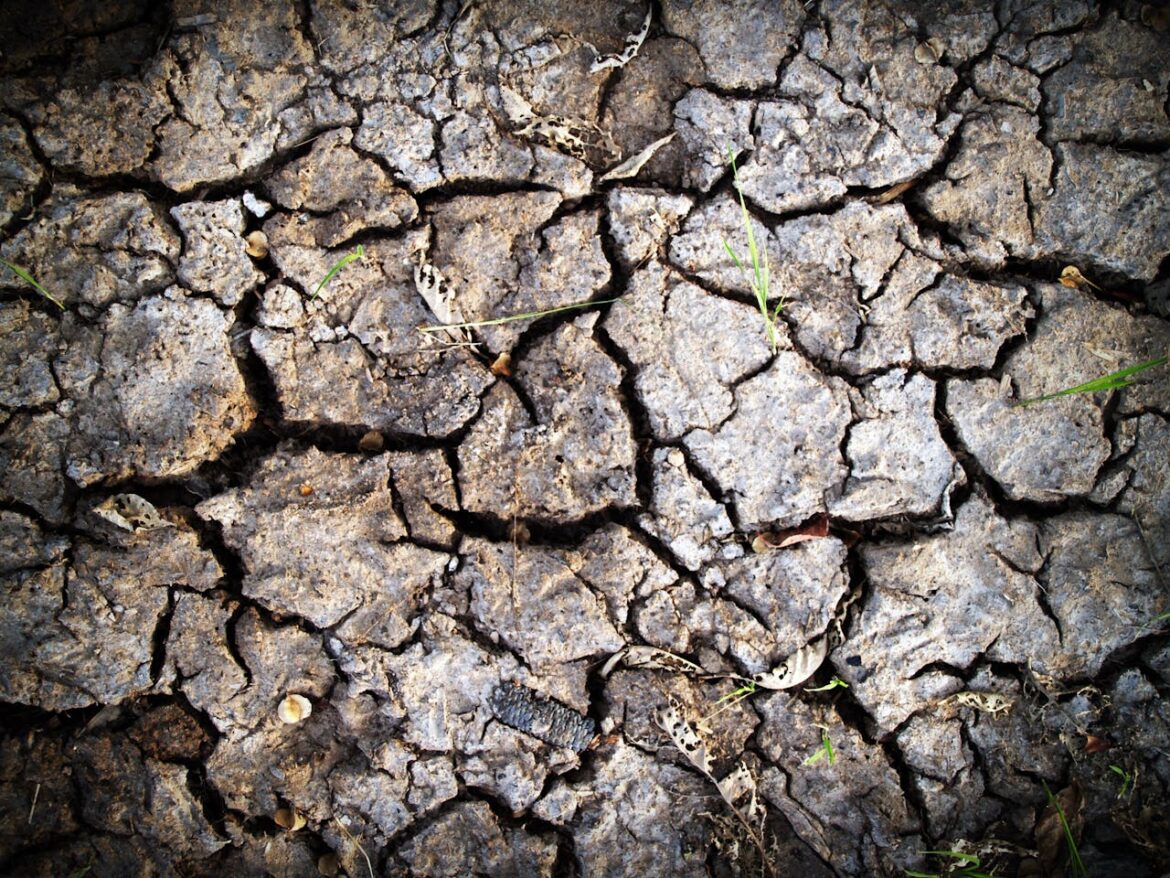A recent opinion piece argues that Bangladesh must chart its own climate strategy instead of imitating Western approaches. The author points out that while wealthy nations have contributed most to global warming, their solutions may not fit Bangladesh’s unique situation. Bangladesh faces severe climate risks: cyclones, river floods, and rising seas threaten millions. But applying Western policies, such as rapid fossil fuel phase-out or carbon taxes, could harm Bangladeshi development. As one expert noted, the country is still building its economy and needs energy for industries and agriculture. Burning gas helps power crop irrigation, fertilizer production, and factories in areas too hard to abandon too quickly. The country also relies on ecosystem-based solutions like mangrove restoration in the Sundarbans, which serve as natural buffers against storm surges. These locally tailored methods are more relevant than distant carbon-trading schemes or emissions targets set by developed nations. Policy experts believe Bangladesh’s focus should be on practical, affordable, and effective adaptation. This could include reinforcing embankments, improving drainage, and encouraging migration from vulnerable zones. Funding mechanisms like the Bangladesh Climate Change Resilience Fund can support this but must be managed domestically, not outsourced to international bodies. Local voices also matter. Coastal communities know best how to cope with shifting salinity or cyclone threats. When their insights inform policy, adaptation becomes more equitable and effective. Examples include building energy-saving stoves in Rajshahi and eco-friendly weaving in Satkhira villages. Education is another key policy tool. Integrating climate knowledge into school and college courses can empower the next generation to innovate local solutions, blending science with traditional wisdom. Rather than measuring itself by Western benchmarks, Bangladesh is better off pursuing its own “green growth” model. This model combines selective fossil energy use with clean technologies such as expanding solar power on unused land and rethinking economic structures to prioritize environmental resilience. In short, copying Western climate strategies may overlook Bangladesh’s specific challenges. A uniquely Bangladeshi approach centered on adaptation, ecosystem protection, community input, and informed innovation stands a better chance. By choosing its own path, Bangladesh can protect citizens, boost resilience, and continue advancing toward climate-smart growth.
Bangladesh Should Not Follow the West’s Example on Climate Change
47


